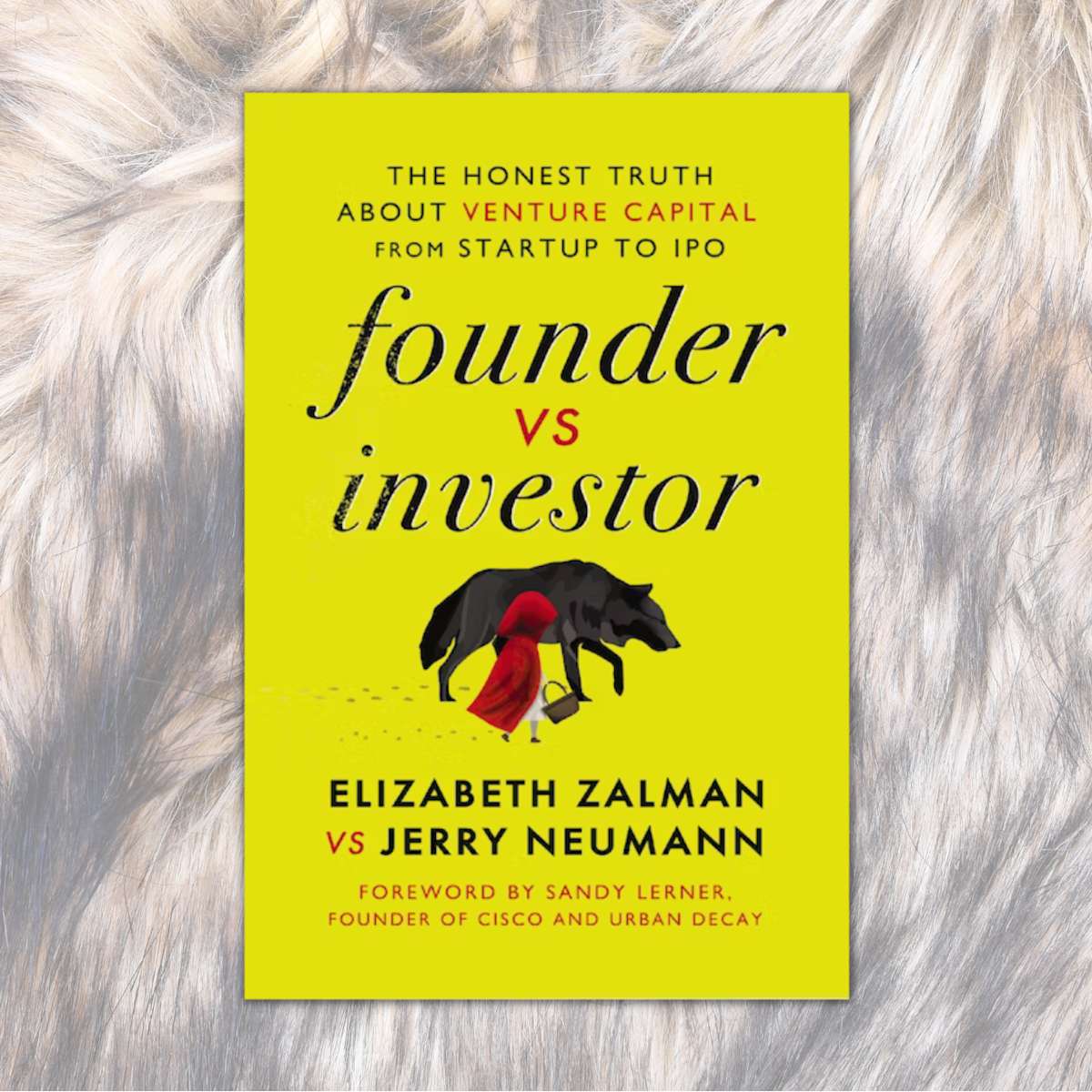late stage capitalism
Sarah Drinkwater and
late stage capitalism
Sarah Drinkwater and

In America, our culture has become anticipation.
At some point, there was a switch, in which we became an edging culture. One rooted in “pre-”.
With AI, I suspect we’ll be able to play with the compression of anticipation with software objects well. Teasing an idea on Twitter, seeing it’s response, putting that prompt in AI to generate just enough code for the resemblance of the thing → and that reaching consumer hands much faster.
Perhaps anticipation culture is the wedded partner of instant-gratification culture. It’s the only thing that allows us to microdose the gratification of the object before we actually have it. Constantly watching trailers, or runway shows, sneak peaks, etc
I find this all lines up incredibly well to VC culture. The discussion is 90% weighted on the raise
The anticipation is lost as its material reality fails to hold any long term attention. Even if it was the exact promise. We simply love the build up. The image of the thing.
The “pre-”, other than consuming behind the scenes content of an artist’s process, is all mental. As I participate as a dancer in the audience, I can only (if I care to) construct fiction of the worked anticipation of the overall performance. But 90%+ of the audience only cares about the anticipation of the next drop or track. The loop is built in.
To bring it all the way back to the tweet that launched this post. Anticipation is exhausting. It is built around uncertainty, and the quelling of said uncertainty by the fragments of the objects chosen to be presented.

Love and effort create magnificent places. Genius inhabits them. People go to them because they know such places and landscapes offer consolation of the soul, and the soul is not fooled by substitutes. We let those places turn our moods, we want them to, they do so easily. Today it is not always hard to find such places, but why is it difficult to make new ones?
the urge to commoditize alone improves a seen monetary cost at the expense of the unseen. We must not think it comes free of charge.
That which is unique, breaks. When finished objects become commodities they break too, but they are easily replaced. When you break a chair, you buy another chair. We know well how to make one thousand chairs. They sit in boxes, lining the warehouses, ready for two-day shipping.
To mend is to comprehend a human scale problem, and without this understanding our creations become strange creatures
When the unique is created, it also creates the creator.


